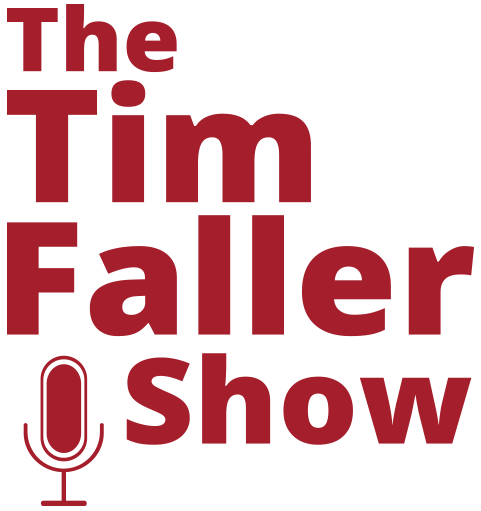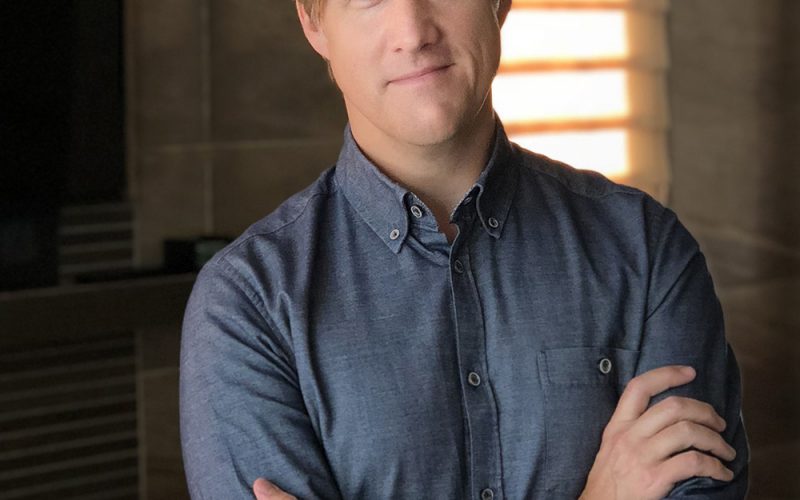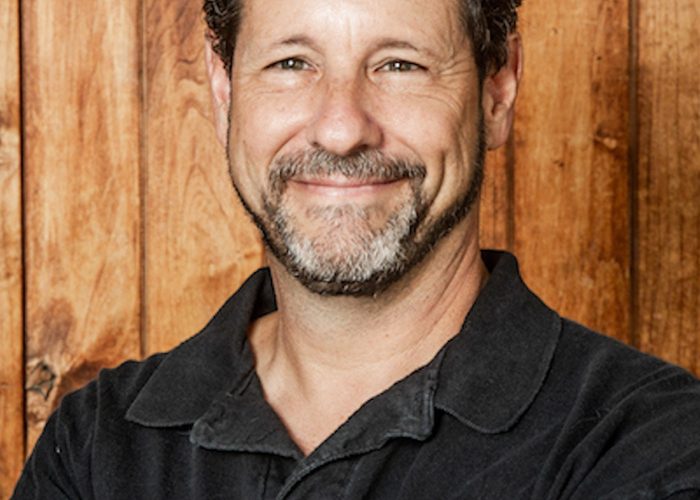Ep.52: Growing Through Team Engagement with Michael Sauri
We’ve talked about getting your Production team engaged in refining your systems and processes by encouraging them to make decisions and look for problems.
But have you considered involving Production in the Design process?
In this episode, Michael Sauri talks about how and why he did just that with Tim and Steve. Through this change, Michael sped the growth of his company.
Michael and his wife Deborah started TriVistaUSA in 2005 and the company’s grown to four times the size in as many years — with decreased overhead and increased take-home for their family and employees. Michael received the 2018 Fred Case Remodeling Entrepreneur of the Year.
Engaging Production in Design started with Michael working with an architect on a project, and being frustrated — he wanted to offer more options for his client. Michael asked his Production Manager to offer his ideas. Now, everyone involved in a job is involved in the Design process. He tells you how you can do it, and why:
- What a charette is
- Employing a charette concept in other areas
- Work with your team’s strengths
- Looking back to other projects for inspiration
- Using creativity in problem-solving
- Why input spurs engagement
- Reducing on-site problems before they can start
- Changing processes as you grow
- Why it saves time overall
- Who to involve and when
- How to get started
- And more …
Tapping into your team’s experiences and insights is the first step to getting to the best outcomes and solutions. It’s a continuous process, but can pay dividends in your bottom line, and in employee loyalty.








